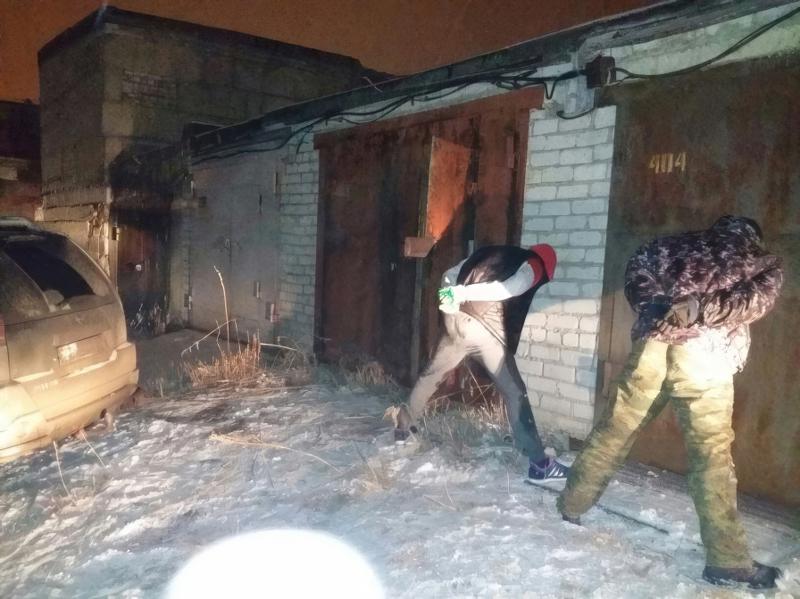Verified: a year ago
SafeTensor
The FLUX.1 [dev] Model is licensed by Black Forest Labs. Inc. under the FLUX.1 [dev] Non-Commercial License. Copyright Black Forest Labs. Inc.
IN NO EVENT SHALL BLACK FOREST LABS, INC. BE LIABLE FOR ANY CLAIM, DAMAGES OR OTHER LIABILITY, WHETHER IN AN ACTION OF CONTRACT, TORT OR OTHERWISE, ARISING FROM, OUT OF OR IN CONNECTION WITH USE OF THIS MODEL.
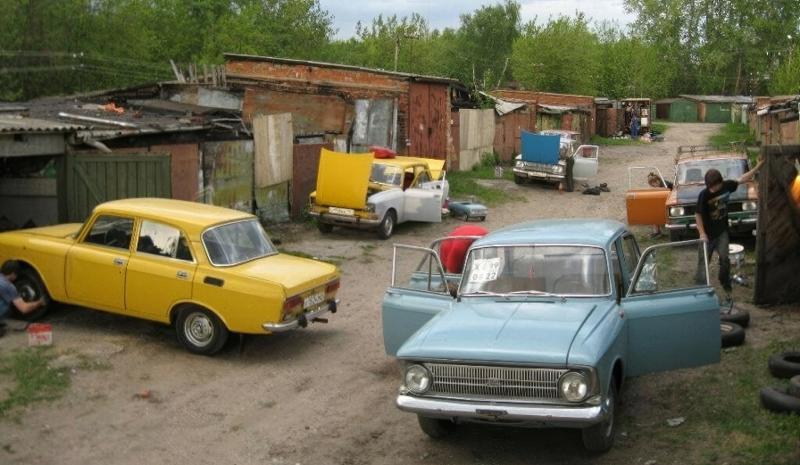
I had to pull out all my childhood memories. My dad would say to my mom - "I'm going to go to the garage to see what's wrong with the car."
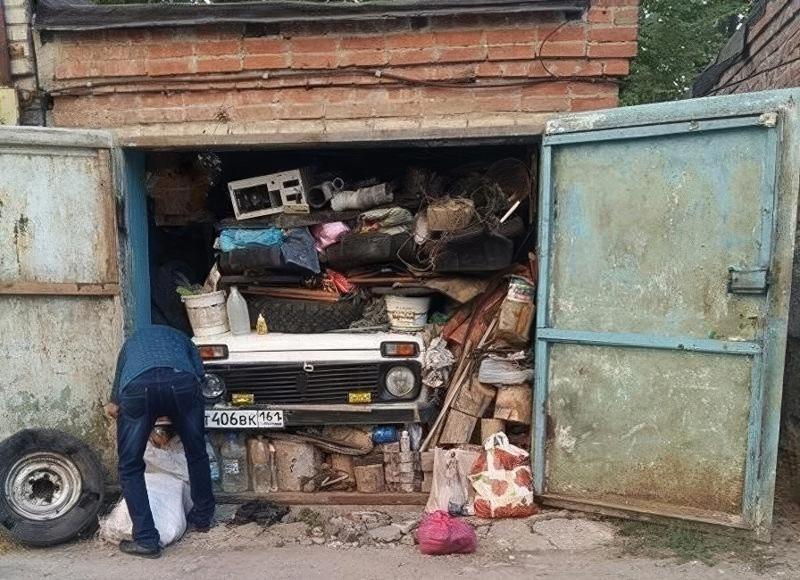
It was the only place he and his friends could be alone. Those whose childhood was in the 90s in Russia will understand me.
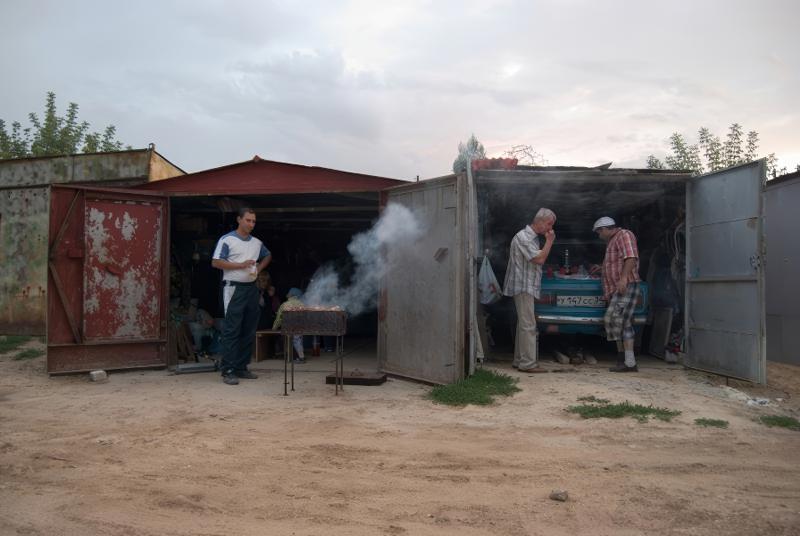
It's a man's place. Vodka, shashliks, talking. We kids could run on rooftops, keep a fire going, dig through garage junk, and still we felt happy....
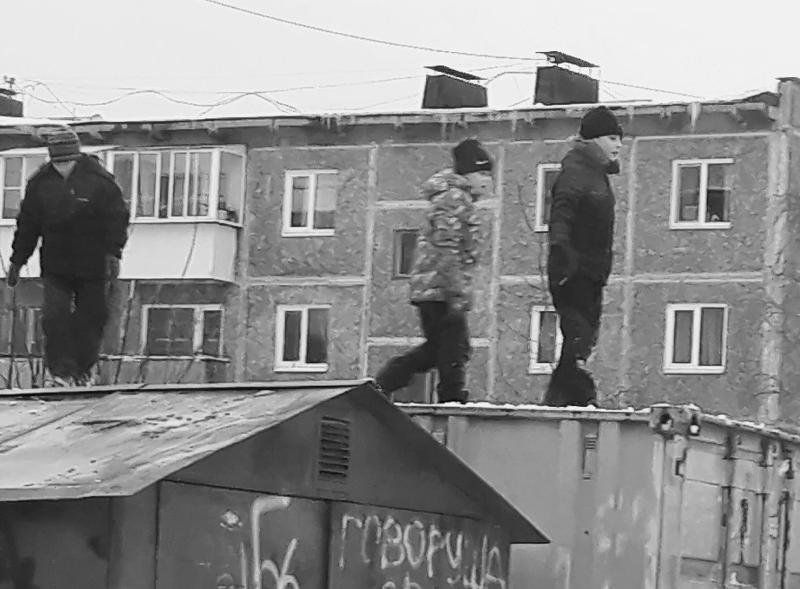
In the Soviet Union and post-Soviet Russia, a garage was more than just a place to store a car. It was a social, cultural and even philosophical phenomenon characterised by scarcity, self-sufficiency and male independence. In a world of communal living and limited personal space, the garage became a sanctuary where men could escape their daily struggles, a workshop for endless repairs and inventions, and even an informal club for conversation, drinking and socialising.
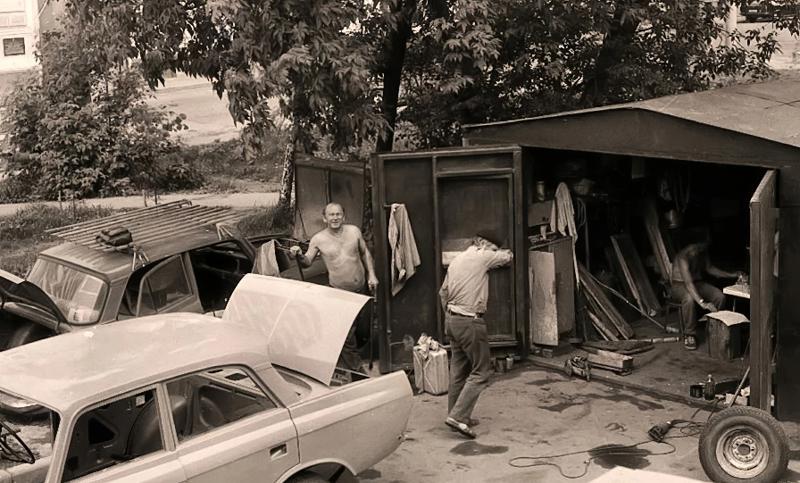
In Soviet times, owning a car was a privilege, and a garage was a necessity to maintain it. Garage cooperatives, located on the outskirts of cities, formed entire neighbourhoods where men could work, relax and share knowledge. In an era of scarcity, these spaces fostered a unique ecosystem of barter, craftsmanship and mutual aid.
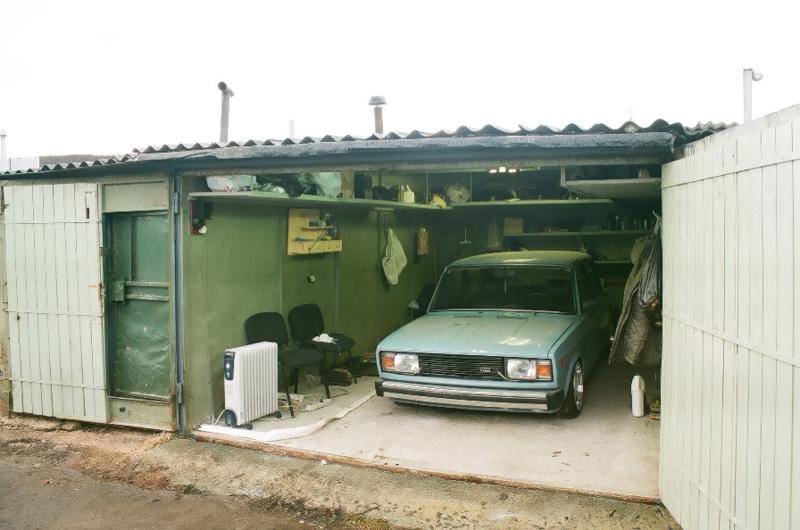
After the collapse of the USSR, garages took on new roles. Many became small workshops, storage rooms, trading centres or even underground bars. In the chaotic 1990s, the garage became a symbol of survival and entrepreneurship, as people turned them into businesses and adapted to the new economy.
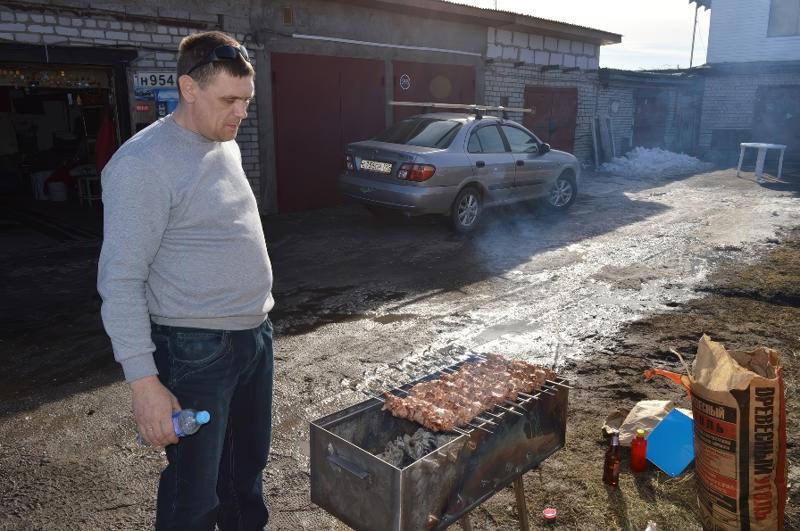
Today, garage culture is evolving but not disappearing. Despite urbanisation and modern lifestyles, old garage cooperatives still exist, preserving a spirit of independence, creativity and freedom, making them an enduring symbol of Soviet and post-Soviet life.
